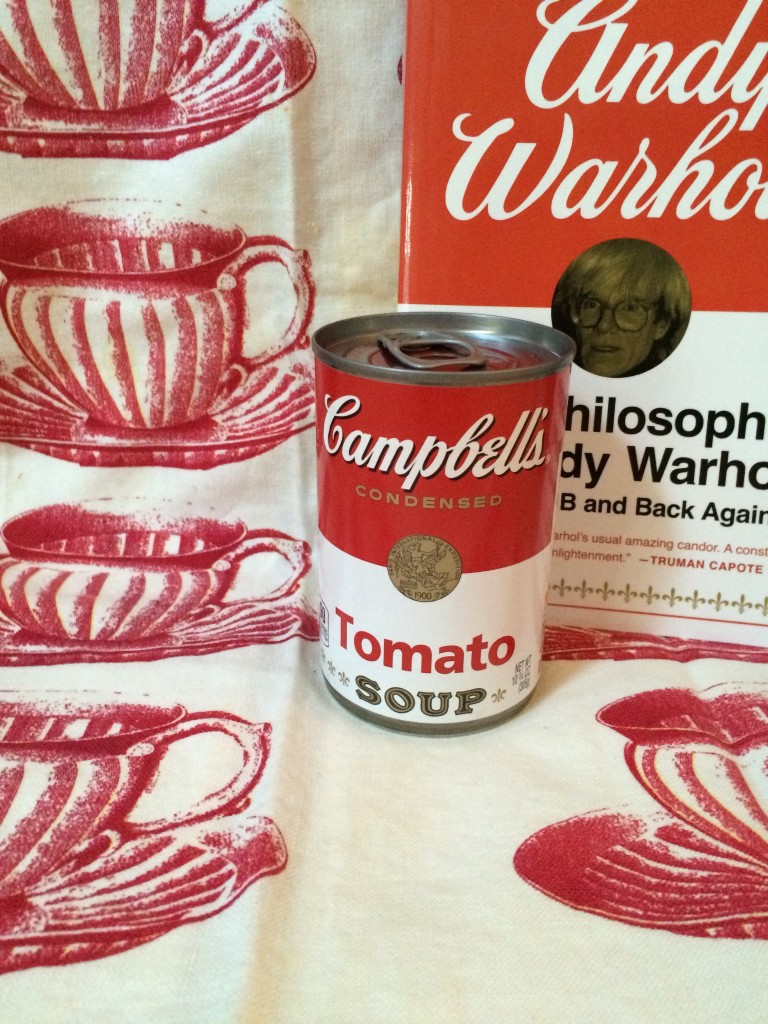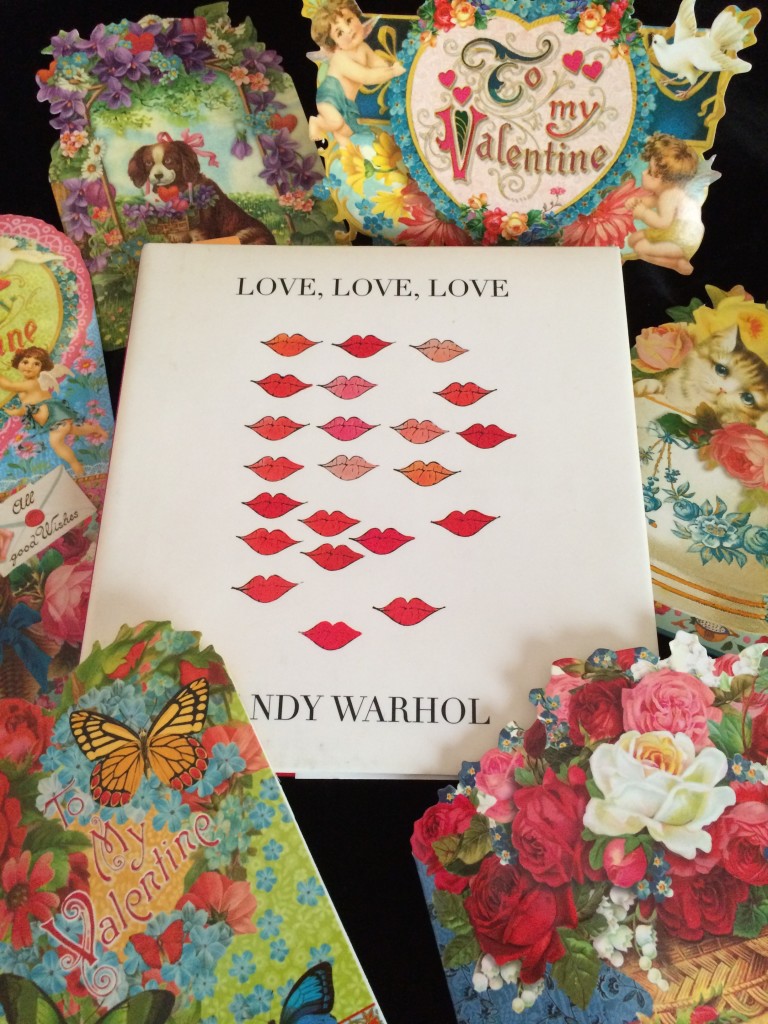 Andy Warhol, the pop artist and cultural icon, was a prophet of our time when he said, “…in the future everyone will have their fifteen minutes of fame…” regardless of their ability.
Andy Warhol, the pop artist and cultural icon, was a prophet of our time when he said, “…in the future everyone will have their fifteen minutes of fame…” regardless of their ability.
Warhol certainly experienced and explored fame in his lifetime – living it in “wildly diverse social circles that included Bohemian street people, distinguished intellectuals, Hollywood celebrities and wealthy aristocrats,”* cultivating it through the mass marketing of his art and, finally, critiquing it as found in his book, The Philosophy of Andy Warhol.
A biography from the Warhol Foundation succinctly captures just how far ahead of his time he was, writing:
“…a skilled (analog) social networker, [Warhol] parlayed his fame one connection at a time, to the status of a globally recognized brand. Decades before widespread reliance on portable media devices, he documented his daily activities and interactions on his traveling audio tape recorder and beloved Minox 35 EL camera. Predating the hyper-personal outlets now provided on-line, Warhol captured life’s every minute detail in all its messy, ordinary glamour and broadcast it through his work, to a wide and receptive audience”**
Born in 1928 in Pittsburgh, Pennsylvania to “Carpatho-Rusyn” parents who immigrated from what is now considered eastern Slovakia, he grew up in the working-class neighborhood of Oakland in Pittsburgh and attended the Byzantine Catholic church every Sunday with his family. It was there that he became inspired by a copy of Leonardo da Vinci’s “The Last Supper.”
Afflicted at the age of eight with rheumatic fever, Warhol passed his time reading comic books and celebrity magazines, along with learning to draw under the guidance of his artistic mother. After graduating from the Carnegie Institute for Technology (now Carnegie Mellon) in 1949 and subsequently moving to New York City, he found success throughout the 1950’s as a commercial artist for a variety of magazines and businesses, including Glamour, Harper’s and Vogue, Columbia Records, Tiffany’s and NBC.
It was in the early 1960’s with the emerging movement of Pop Art, defined by British artist Richard Hamilton as art that is “popular, transient, expendable, low cost, mass produced, young, witty, sexy, gimmicky, glamorous, big business,” that Warhol became a central and leading figure whose work eventually “contributed to the collapse of boundaries between high and low culture.”***
 In his book, The Philosophy of Andy Warhol, he writes of death:
In his book, The Philosophy of Andy Warhol, he writes of death:
“I don’t believe in it, because you’re not around to know that it’s happened… I just thought that things were magic and that it would never happen.” Warhol passed away in February 1987 at the young age of 58 due to complications from a gall bladder operation.
One can’t help but wonder what Andy Warhol would have thought of the modern hyper-connectivity “selfie” culture of the internet.
As Jonathan Jones wrote in The Guardian in 2013: “Warhol never thought anything as easy or banal or self-aggrandizing as the glib twenty-first century claim that anything an artist does is art…[Warhol] turns out to be an old-fashioned artist in a world that no longer knows art from a snapshot.”
How interesting it would be to know what Warhol would “post” today about the internet and “selfie” culture. Surely, he would be disenchanted by some aspects of it, but it’s hard to imagine that he wouldn’t have found a bit of “magic” in the apple of Steve Job’s world.
Below are some of our favorite quotes from Andy Warhol’s “philosophy”:
- “Making money is art and working is art, and good business is the best art.”
- “I suppose I have a really loose interpretation of “work” because I think that just being alive is so much work at something you don’t always want to do. Being born is like being kidnapped. And then sold into slavery. People are working every minute. The machinery is always going. Even when you are asleep.”
- “I try to think of what time is and all I can think is…time is time was.”
- “Sometimes you’re invited to a big ball and for months you think about how glamorous and exciting it’s going to be. Then you fly to Europe and you go to the ball and when you think back on it a couple of months later what you remember is maybe the car ride to the ball, you can’t remember the ball at all. Sometimes the little times you don’t think are anything while they’re happening turn out to be what marks a whole period of your life. I should have been dreaming for months about the car ride to the ball and getting dressed for the car ride, and buying my ticket to Europe so I could take the car ride. Then, who knows, maybe I could have remembered the ball.”
- “I wonder if it is possible to have a love affair that lasts forever.”
*Quote taken from: www.artexpertwebsite.com
**Quote taken from: www.warhlfoundatiom.com
***Quote taken from: www.warhol.org